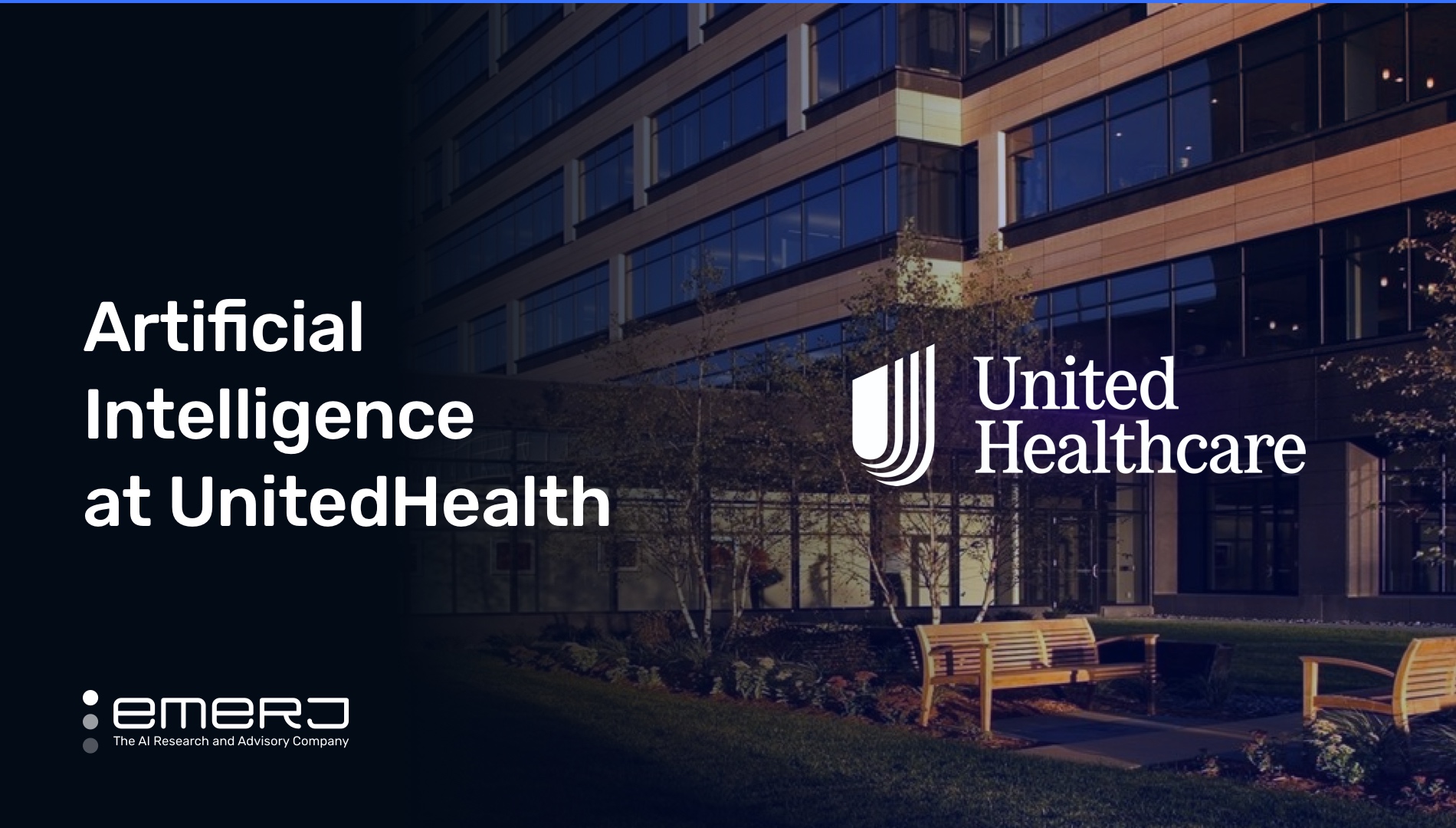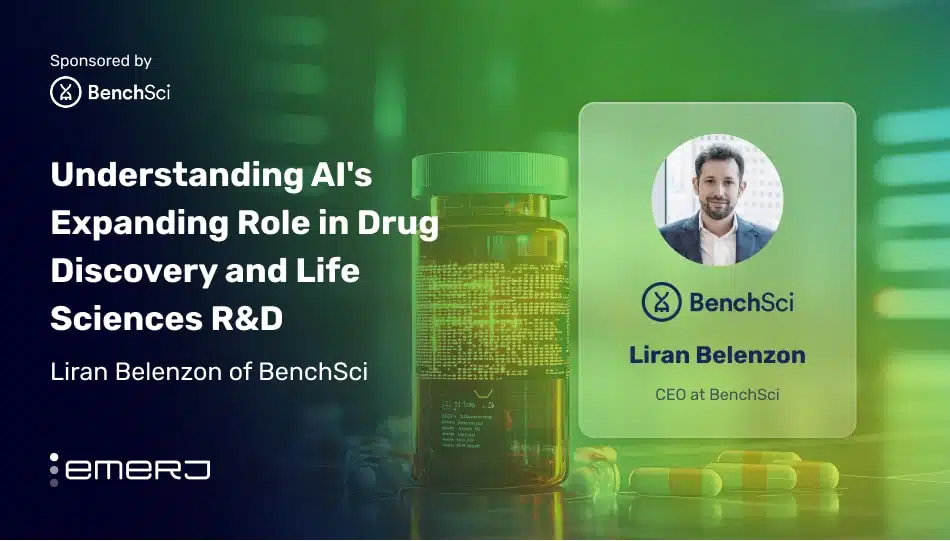UnitedHealth Group, Inc. (NYSE: UNH) is an American multinational managed healthcare and insurance company based in Minnetonka, Minnesota. It offers health care products and insurance services. UnitedHealth Group (UHG) is the world’s eighth-largest company by revenue, the second-largest healthcare company behind CVS Health by revenue and the largest insurance company by net premiums.
UHG revenues comprise 80% of the group’s overall revenue. The company is ranked 8th on the 2021 Fortune Global 500, has a market capitalization of $400.7 billion as of March 31, 2021, and roughly 300,000 employees.
UHG also prides itself on being the leader in its industry when it comes to using artificial intelligence as its digital healthcare offerings continue to advance. When the company introduced the Level2 digital therapy platform for diabetes patients in 2020, then-CEO David Wichmann promised that wouldn’t be the last time the company would incorporate AI into its products.
“You can expect more digital therapeutics from us in the coming months and years,” said Wichmann. “I’m sure you can see how advancing modern telehealth fits into our overall strategy to build high-performing systems of care.”
Two use cases, in particular, exemplify UnitedHealth Group’s current approach to AI adoption, each with application across a wide range of industries:
- An AI-enhanced virtual assistant platform to collect patient data and offer customized solutions: UnitedHealth Group’s virtual assistance platform uses conversational AI and enhanced agents that reroute calls to sufficient internal resources, collect and classify patient information, and offer services that bring down costs and improve patient service experiences.
- Developing a centralized data platform to improve patient outcomes: UnitedHealth Group’s resident tech-focused subsidiary, Optum, develops a platform that uses data analytics, NLP, machine and deep learning models to improve patient outcomes by predicting conditions and decreasing the cost of care.
We will begin by taking a closer look at UnitedHealth Group’s AI-backed virtual assistant service.
Use Case #1: A Virtual Assistant Platform for Data Collection and Personalized Care
UnitedHealth’s Agent Virtual Assistant – AVA for short – is the company’s foremost public product offering featuring AI applications. The service includes a chatbot that helps to direct calls more quickly and a full-scale service that helps doctors, patients, caregivers and family members get more information more quickly. UnitedHealth also offers an off-shoot AVA Doctor brand, to offer more comprehensive virtual care to patients.
Below is a short one-minute demo video highlighting some of the purported capabilities of the application:
Neither the video nor the public announcement mention NLP, intelligent agents or data analytics by name. However, we can deduce both from available UnitedHealth Group literature on their use of these capabilities, and the kinds of information transfer described in these media that:
- UnitedHealth Group collects patient data through conversations with chatbots and AI-enhanced human agents in their AVA program.
- UnitedHealth Group then can use machine learning, natural language processing models and data analytics through their tech-based subsidiary Optum to train their systems to match patient descriptions of their problems with solutions based on proven, improved outcomes.
With a 360-view of the customer, the assistant can recommend available wellness programs and cost-saving measures that include virtual care for common medical issues, an option many patients never considered before the start of the COVID-19 pandemic.
In our second use case, we explore the AI capabilities of Optum, United Health Group’s resident tech-based subsidiary, and OptumIQ, their patient data centralization platform. In focusing on the conversational AI utilized in UnitedHealth Group’s AVA platform, the company-produced video above shows the conversational capabilities effectively answering patient questions in a few seconds and fielding some basic questions from patients with great aplomb.
According to the accompanying announcement, the AVA application is explicitly mentioned as the product of an over $5 billion annual investment in data and technology by the UnitedHealth Group. Even as the pandemic has receded, public reports and statements from the company show UnitedHealth Group is further leaning into virtual care functions like the AVA platform in every capacity, and that AI-enhanced telehealth is a primary enabler of the group’s business goals.
While there is no explicit public information currently available on how the AVA platform is affecting specific patient outcomes, there is much information on UnitedHealth Group’s investment in virtual care services like AVA based on what leadership is seeing in those internal results.
In March, UnitedHealth Group Chief Medical Officer Margaret-Mary Wilson, M.D., told Heather Landi of Fierce Healthcare there were 18 million virtual care visits among health plan members as of July 2021 – representing a 2,700% growth from before the pandemic. Despite the astronomical growth, numbers had slowed slightly from last year in the time since, according to Wilson.
A recent statement from VP of Optum’s Center for Digital Health Sonia Samagh published in January 2021 describes how her team emerged from COVID-19 as the resident division of UnitedHealth Group’s AI-enabled digital transformation. She announces explicit goals of building a new “virtual medical group” and virtual care team within Optum in the near future.
Use Case #2: Centralizing Data through the OptumIQ Platform to Improve Patient Outcomes
UnitedHealth Group’s own fourth annual Optum Survey on Artificial Intelligence (AI) in Health Care found among healthcare business leaders they polled that:
- 85% of their respondents said their organizations have an AI strategy.
- 48% considered their organization’s AI strategy as already “implemented.”
- Each represents a 2-4 point increase from the previous year.
- 98% of all respondent leaders claim their organization either has a strategy or is planning one.
About nine out of every 10 healthcare executives said in the same survey they will need to team up with a health services company with data and analytics expertise to more effectively implement AI in their operations, not a tech company. Fortunately for UnitedHealth Group, they have such a partnership in their own group.
In 2017, UnitedHealth Group’s resident data and technology-focused pharmacy management subsidiary Optum announced an initiative called OptumIQ to help centralize data and AI capabilities across the entire multinational group. According to the announcement, the OptumIQ platform leverages AI tools like data analytics and NLP with machine and deep learning models to help patients “access, manage and pay for care and therapies.”
Back in 2018 and long before the pandemic, UnitedHealth Group executives gave an optimistic interview to Business Insider, hoping that OptumIQ would be able to help predict conditions like atrial fibrillation and diabetes – leading to lower costs in treatment.
As they point out, if OptumIQ can at least collect enough information about patients to make their conditions easier to predict, it not only decreases costs for patients but also across their entire service pipeline. They also mention data analytics as the specific AI capability the OptumIQ platform enables across UHG’s entire technology stack.
Elsewhere in the company’s press relations, the company claims OptumIQ’s data capabilities will eventually help them to predict Alzheimer’s in patients.
The two-minute video below highlights Optum uses OptumIQ to serve patients:
Chief Analytics Officer for OptumRx Andrea Marks notes two hypothetical examples of OptumIQ’s direct impact on patients.
In the first scenario, Marks cites patients on infusion medications which present challenges for data collection and centralization, as these patients receive medication from multiple care facilities. She cites a function within OptumIQ called “optimized queue” that makes allocating such patients to the proper care site more efficient and convenient for the patient.
Outside of promotional media from UHG or their subsidiaries, the technical functionality of how OptumIQ supports the entire scope of UnitedHealth Group’s data ambitions is explained at length in this 15-minute presentation from then-SVP of Platform Engineering and Practices at Optum Heather Mickman at the 2019 DevOps Enterprise Summit.
Major takeaways from Mickman’s presentation include that Optum “unlocked” the data they receive from all of UnitedHealth Group via a two-step process:
- “Platforming” their data, or a massive data cleaning operation for their OptumIQ platform through rigorous mastering and standardizing of data across all legacy source systems.
- Insulating their source systems for modernization while still maintaining access to the day for routine business functions.
Mickman describes the insulation involved in working on data between these source systems in two different silos: one for processing data from legacy systems intended for developing data capabilities long-term and another concurrent use by consumers to support short-term needs.
Mickman also characterizes the AI capabilities at Optum from the time the video was taken in 2019 as “early” in the adoption phase. However, those familiar with developing such a platform understand the capabilities presented – even from an IT perspective – are indicative of long-term strategizing by data teams and business leadership at UnitedHealth.
Concerning the impact of OptumIQ on UnitedHealth Group’s future business goals, our research indicates that not everything has gone to plan since the platform was rolled-out half a decade ago. While all signs show OptumIQ is still in use throughout UnitedHealth Group and an acclaimed service in the healthcare space, the vast majority of public information about the platform comes before the pandemic from roughly 2017-2019, not long after Mickman’s presentation above was recorded.
Case in point: UHG hasn’t published an edition of their Optum Survey on Artificial Intelligence (AI) in Health Care since 2019 – only their fourth in the series.
There are also plenty of indicators that larger economic and pandemic headwinds could be behind these signals. Former UnitedHealth Group CEO David Wichmann started in his role in 2017, the same year OptumIQ announced the integration of AI in their platform. He abruptly retired in 2021 to some controversy, clearing the way for former Optum CEO Sir Andrew Witty to step in as CEO after a brief stint with the World Health Organization in 2020.
While there is no reliable public information on OptumIQ’s impact on patient outcomes, there is significant indication that AI initiatives at UnitedHealth Group under Optum are likely undergoing a larger post-pandemic transition at the moment.
As indicative of the moderate success of UHG’s digital transformation into an AI-enhanced business over the last five years, it appears OptumIQ at least never significantly dragged down the group’s stock price or quarterly earnings through their early adoption during the pandemic.
As the platform remains the backbone of UHG’s data infrastructure, the group is still in place to compete with Amazon in high-stakes health tech acquisitions as the current bidding war between the two companies over Signify.














